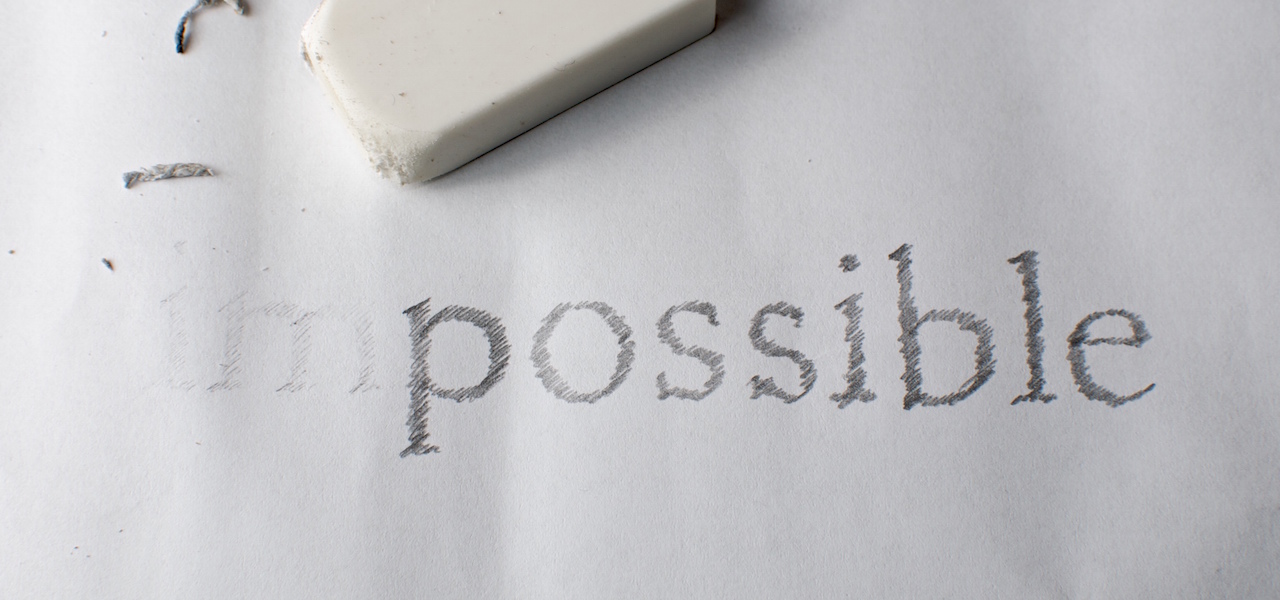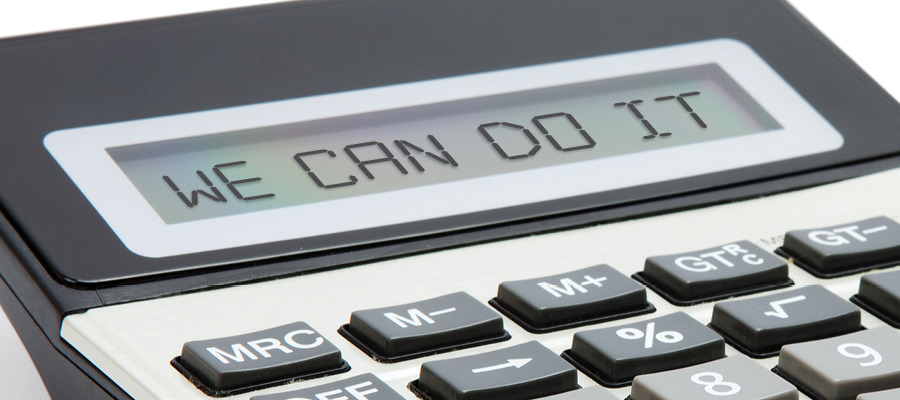BC is on track to have a massive budget surplus this year according to the November update on provincial finances. At the end of the second quarter of the fiscal year, we’re looking at a surplus of $2.24 billion. This is $300 million more than what the September budget update projected and a staggering $2 billion more than estimated in February 2016. I expect this number to increase even further by year-end. Recall that last year the budget surplus ended up nearly half a billion dollars larger than projected in the November update.
BC’s economic growth /should/ result in tangible improvements in quality of life for individuals & families https://t.co/UL5onkALmJ #bcpoli pic.twitter.com/CaWLFyvKEu
— The CCPA–BC (@CCPA_BC) December 8, 2016
BC’s surprise surplus is largely due to higher-than-expected tax revenues, mostly because of stronger economic activity in 2015 and an overheated Metro Vancouver housing market. Revenues from personal income tax are about $1.3 billion higher than originally budgeted, and those from corporate income tax are also slightly higher than projected this year, but not nearly as much as from personal income tax.
Property transfer tax revenue is $800 million higher than budgeted in February – a little less than was estimated in September as the new foreign buyers tax and federal policies aimed at cooling Metro Vancouver’s real estate market are starting to work. That leaves property transfer tax revenue still a whopping 61% over what was budgeted in February, while property tax revenues remain as budgeted. This shows that it’s the number of real estate transactions that surprised in BC, rather than the total value of real estate on which property tax is owed.
The provincial government has taken every opportunity to claim credit for BC’s solid economic performance in the last couple of years, but the economic outlook is considerably more muted going forward. This is because recent growth has been fuelled by the overheated Metro Vancouver housing market, which is neither sustainable nor producing real benefits for most British Columbians. The real estate sector alone accounted for 30% of BC’s GDP growth in 2015 with another 12% coming from building construction (mostly residential). The flip side of this growth is a housing affordability crisis with major negative social and economic consequences.
This is why for many families BC’s economic growth has not resulted in tangible improvements in their quality of life.
More than half of British Columbians surveyed in a recent poll reported they were living paycheque to paycheque, and household debt is at record highs. Unemployment is on the rise outside the Lower Mainland and Vancouver Island, where most job creation has been concentrated. Seniors who don’t own their own homes are living in fear of rent increases and renovictions. Over 100,000 British Columbians needed the help of food banks this year, up 3.4% from 2015. Child poverty remains stubbornly high with toxic effects on children’s health and well-being. And, our public schools are underfunded and lack the resources to properly support students with special needs.
We wouldn’t celebrate the financial management skills of parents who ended the month with money in the bank after sending their children to bed hungry. A large government surplus is much the same, and it is unconscionable given the number of people in need in our province. BC’s surplus is a wasted opportunity to make a difference in the lives of children growing up in poverty, people on disability benefits who are forced to choose between a bus pass and groceries or frail seniors who can’t access home support services and end up in hospital instead.
With interest rates on our public debt at record low levels, social and physical infrastructure projects would yield higher returns than what BC could save by paying off debt.
Now is the time to green our infrastructure, build affordable rental housing, create a high-quality child care system like the $10-a-day childcare plan, and implement a comprehensive poverty-reduction plan.
Social infrastructure is the foundation upon which our economy is built. The research is clear: a healthy society is more productive, and a more-equal society is healthier and better educated. We need the talents, creativity and experience of all British Columbians to build the kind of province we all want to live in.
We know the public supports such investments. Affordable housing and child care, poverty reduction, social assistance reforms and improved funding for public education at all levels were recommendations coming out of this year’s BC Budget consultation process. Similar recommendations have been made in recent years, endorsed unanimously by the bi-partisan committee that conducts the public consultation.
These investments go hand-in-hand with a bold jobs agenda to diversify our economy beyond fossil fuels and real estate to foster sustainable, inclusive economies in all regions of the province.
The BC government has neglected our social infrastructure and ignored the recommendations from its own Budget consultation with the excuse that we just can’t afford them. The $2.24 billion surplus demonstrates this isn’t true, and provides the perfect opportunity to start the work.
Topics: Features, Poverty, inequality & welfare, Provincial budget & finance






